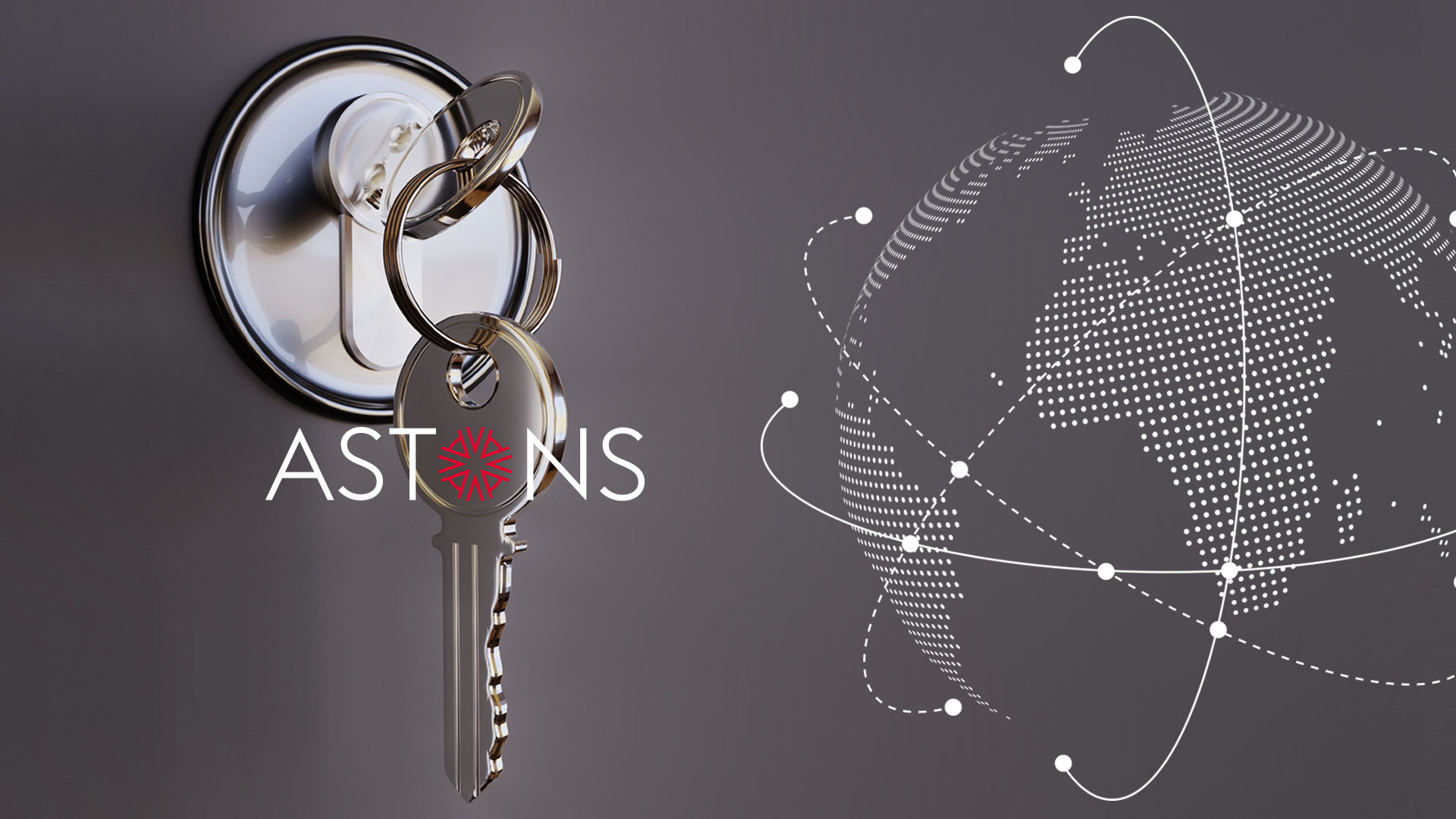In the modern era of globalization, digital professionals, and global markets, dual citizens are the equivalent of being a double-edged sword – it sharpens your personal and professional capabilities and provides you with an unparalleled edge.
The terms being a dual citizen and having a second citizenship are essentially the same – at least in practice.
All dual citizens have a second citizenship – in the fact that you were only born in one country but can inherit an additional citizen through the same birth.
So, some people are born dual citizens while others have to achieve this status by acquiring a second citizenship.
But in most cases, you can reap the benefits and rewards all the same.
So, what are those cases and benefits? The citizenship experts at Astons have all the answers – and citizenship solutions – you need.
Benefits dual citizens enjoy
Dual citizens have the advantage of accessing resources that are foreign to one of their identities with the domestic protections that accompany their other identity.
Consider offshore banking, for example, and the Caribbean financial hub of Nevis.
In St. Kitts and Nevis, entrepreneurs, investors, and families can gain citizenship by leveraging the St. Kitts and Nevis CIP in as little as four months.
Once the citizenship application is approved, you could open an offshore account or trust in Nevis using your alternative legal St. Kitts and Nevis identity.
Thus, the benefits of offshore banking with the protections provided to a citizen of the country.
Additionally, a second citizenship is an alternative legal identity – an identity legally different and distinct from your current one.
Even if it appears that the only visual difference is the country name on the front of each passport, the legal fact is that each passport represents a separate, distinct, and legal alternative identity.
And, if you were to change your name in one country, that new legal identity would have no impact on the identity you have in the other country.
Thus, personal affairs, such as divorce proceedings, under one identity may not involve the assets held by the other legal identity.
The same can be said about business affairs.
Pros of being a dual citizen
- Global mobility is genuinely global
- Access more visa-free countries – stop submitting your personal information and travel plans to government databases
- Alternative legal identity
- Ability to compartmentalize your assets and affairs
- Mitigate loss in bad situations
- Enhance self-sovereignty
- Have legal, constitutional, and political rights in more than one country
- Citizenship passes on for generations [in most cases]
- Through marriage, you can add a third citizenship
- You can use visa jumping to effectively reside full-time in nearly any country
Cons of being a dual citizen
- You cannot purchase round-trip tickets if you intend to use both passports on the same trip
- Passport management can get confusing
- Different renewal dates and processes to remember
- In certain situations, tax issues could arise
Is it legal to be a dual citizen?
The short answer is – it depends.
This is also where the technical yet subtle difference between being a dual citizen and having a second citizenship comes into play.
Just as citizenship is a legal status, so is whether or not a specific country recognizes multiple citizenships as legal.
In the United States, for example, dual citizenship is entirely legal – in fact, you can hold as many citizenships as you want:
- Elon Musk holds three citizenships [South Africa, Canada, & the US]
- Peter Thiel holds four citizenships [US, Germany, New Zealand, and has a pending application for the Malta CIP]
Thus, for US citizens, the nomenclature dual citizen and having a second citizenship is equally accurate.
The only restriction the US implements on dual citizens is that anyone with US citizenship must enter and leave the United States using a US passport.
However, other countries, such as Spain, have a very restrictive dual citizenship law. In Spain, very few nationalities can keep another citizenship and hold Spanish citizenship simultaneously.
Then, there are countries like China, where there are no exceptions; you can either choose to hold Chinese citizenship or that of another country.
So, whether or not being a dual citizen is legal depends upon which combination of citizenships you are talking about.
How to become a dual citizen
There are numerous ways to become a dual citizen, including being born as one.
Thus, some of us are dual citizens by birth, while the rest of us become dual citizens by acquiring a second citizenship.
For those not lucky enough to be born with two citizenships, there are various other ways to acquire the status of dual citizen and join this elite club.
The most common are:
- Investment migration
- Citizenship by investment
- Naturalization
- By marriage
- By descent
Each has various pros and cons; depending on your specific situation, one route may be far superior and more effective for you than others.
It all comes down to understanding your options, situation, and why you wish to join this exclusive community.
How does being a dual citizen affect global travel?
Nothing impacts global travel like being a dual citizen does.
Dual citizenship comes with all the benefits and advantages of having two passports, which alone is a monumental advantage.
Possessing a second passport cannot only provide more visa-free access around the world but also better protect your privacy and rights.
Visa-free means not having to submit your personal information and travel plans into government databases.
And by traveling with multiple passports, you can shield where you have been, so countries don’t know about your past travels as well.
This can be critically important as some countries will deny entry to people who recently visited nations with which they have bad relations.
Also, a second passport can protect you from having your rights and privacy infringed upon by helping to prevent you from being tracked by the country you just departed from – or any of the countries you are a citizen or resident of.
By traveling with a second passport, you can shield your travels from your native country, ensure your privacy, and restrict illegal government surveillance on your personal affairs.
But, there is an art to using two – or more – passports as you travel, and you genuinely need to learn how to travel with multiple passports effectively.
Astons – Three decades of empowering dual citizens
After 30+ years in the citizenship, second passport, and alternative residency space, Astons has built a team of insiders and experts who have helped mold the industry into the solution it is today.
The Astons team continues to craft the future of investment migration and how entrepreneurs, investors, and families leverage these solutions to:
- Create a family legacy
- Build generational wealth
- Enhance global mobility
- Leverage asset and portfolio diversification
- Capitalize on the worldwide luxury real estate market
- Own the Best Plan B money can buy
And all via a single, sophisticated investment.
Schedule a Free Confidential and Comprehensive Consultation with an Astons expert, and we will analyze your individual situation, as well as your wants, dreams, goals, and demands, then provide you with a list of solutions that satisfies them for you to choose from.
Frequently Asked Questions
Having more than one passport to travel with provides benefits and advantages that cannot be accessed any other way.
Leaving a country using one passport and entering the next with a different passport provides an unprecedented degree of personal privacy by essentially cutting off any trackable footsteps you leave.
Also, by shielding your travels, you are able to legally circumvent discriminatory policies that some countries implement in regard to denying entry to people who have just left certain countries.
There are numerous reasons why using more than one passport is the best method of traveling and Astons explains exactly how to do it in another of our articles.
Citizenship and taxation are only connected for US citizens and Eritrean citizens – the rest of the world operates their tax codes based on residency status.
Likewise, citizenship and residency are two separate and distinct statuses as well.
For example, even if you have citizenship in St. Lucia, that does not – by default – subject you to any additional personal income tax.
Likewise, if you were to invest in the Portugal Golden Visa and acquire Portuguese residency, that would not – by default – mean you are a tax resident of Portugal.
It is possible to live in most countries for up to 183 days without owing any taxes to that country – commonly called the 183-day rule.
While US citizenship does follow Americans where-ever they go, there are also IRS programs and Double Taxation agreements that can be leveraged to reduce and even eliminate taxes for some people.
The entry-visa system is nothing more than another government database the individuals are forced to submit their personal and private information into as well as their travel plans – and often times, personal connections they have inside the country.
For people who value their privacy, visas either greatly restrict their travel options [as you are not going to apply for a visa] or force them to sacrifice their privacy in order to exercise their human right to movement.
However, with a second passport that adds visa-free access your original passport does not provide, you legally bypass that situation entirely.
Astons provides several solutions for entrepreneurs, investors, and families that want to level up their lives and add incredible diversification to their portfolios through acquiring a second passport and citizenship.
The most popular citizenship by investment programs in the world are the Caribbean Five – however, for those seeking EU citizenship, Malta is the gold standard. And for those seeking European citizenship, Turkey is among the most popular real-estate based options.
It should be noted as well, that many of the Golden Visa programs, which confer residency, can also lead to eligibility for citizenship in that country. Cyprus is a perfect example of this.
Yes, if you acquire an EU citizenship as your second citizenship – such as the Malta citizenship by investment program – then you will be entirely exempt from the EU’s new eVisa requirements.
However, you can also completely avoid all ETIAS requirements by investing in any of the EU Golden Visas as EU residency will also provide ETIAS exemption status.














